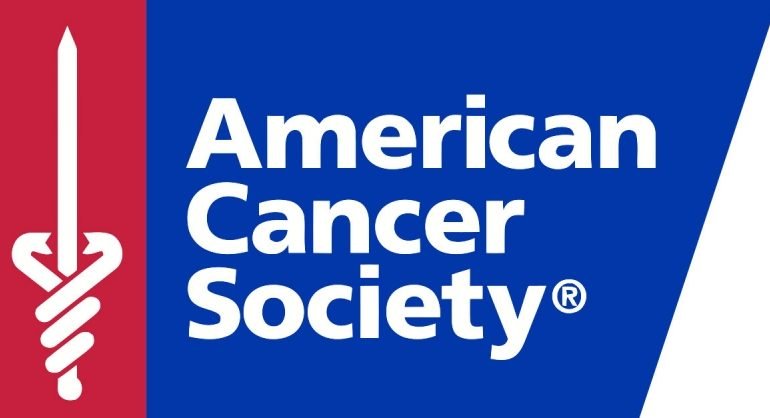The American Cancer Society Board of Directors approved the following position statement on electronic cigarettes (e-cigarettes) in February 2018. The position statement will be used to guide ACS’s tobacco control and cessation efforts as it relates to these products.
Combustible tobacco products, primarily cigarettes, are the single greatest cause of cancer and kill about 7 million people worldwide each year. In the United States, 98% of all tobacco-related deaths are caused by cigarette smoking. The U.S. tobacco landscape has changed rapidly in recent years, with millions of consumers now using electronic nicotine delivery systems (ENDS), the most prominent of which are electronic cigarettes (e-cigarettes). E-cigarettes contain heated nicotine extracted from tobacco, as well as a variety of flavorings and other additives.
Scientific Summary: Based on currently available evidence, using current generation e-cigarettes is less harmful than smoking cigarettes, but the health effects of long-term use are not known. The American Cancer Society (the ACS) recognizes our responsibility to closely monitor and synthesize scientific knowledge about the effects of all tobacco products, including e-cigarettes and any new products derived from tobacco. As new evidence emerges, the ACS will promptly report these findings to policy makers, the public and clinicians.
Clinical Recommendations: The ACS has always supported any smoker who is considering quitting, no matter what approach they use; there is nothing more important that they can do for their health. To help smokers quit, the ACS recommends that clinicians advise their patients to use FDA-approved cessation aids that have been proven to support successful quit attempts. Many smokers choose to quit smoking without the assistance of a clinician and some opt to use e-cigarettes to accomplish this goal. The ACS recommends that clinicians support all attempts to quit the use of combustible tobacco and work with smokers to eventually stop using any tobacco product, including e-cigarettes. Some smokers, despite firm clinician advice, will not attempt to quit smoking cigarettes and will not use FDA approved cessation medications. These individuals should be encouraged to switch to the least harmful form of tobacco product possible; switching to the exclusive use of e-cigarettes is preferable to continuing to smoke combustible products. Of course, these individuals should be regularly advised to completely quit using all tobacco products. The ACS strongly discourages the concurrent (or “dual”) use of e-cigarettes and combustible cigarettes, a behavior that is far more detrimental to a person’s health compared to the substantial health benefit of quitting smoking.
Policy Recommendations: The American Cancer Society recommends implementing polices and public health measures known to prevent the initiation and use of all tobacco products, including appropriate taxation, retail policies (e.g., raising the minimum age of purchase to 21), tobacco and e-cigarette aerosol-free policies and funding of evidence-based prevention and cessation programs. The ACS strongly recommends that every effort be made to prevent the initiation of e-cigarettes by youth. The use of products containing nicotine in any form among youth is unsafe and can harm brain development. Furthermore, evidence indicates that young e-cigarette users are at increased risk for both starting to smoke and becoming long-term users of combustible tobacco products.
The ACS encourages the FDA to regulate all tobacco products, including e-cigarettes, to the full extent of its authority, and to determine the absolute and relative harms of each product. The FDA should assess whether e-cigarettes help to reduce tobacco-related morbidity and mortality, and the impact of marketing of e-cigarettes on consumer perceptions and behavior. Any related regulatory regime should include post-marketing surveillance to monitor the long-term effects of these products and ensure the FDA’s actions have the intended health outcome of significantly reducing disease and death. Furthermore, the FDA should use its authorities to reduce the toxicity, addictiveness and appeal of tobacco products currently on the market. The ACS also applauds the FDA for recognizing its significant role as a science-based agency in helping to address the addictiveness of nicotine in cigarettes. Reducing nicotine in all combustible tobacco products to below addictive levels holds the potential to significantly accelerate reductions in the use of combustible tobacco products, which remain by far the leading preventable cause of cancer and preventable death in the United States.
"Forbes Georgia-ის სარედაქციო ბლოგპოსტების სერია "როგორ გამდიდრდა“ და "საქართველო რეიტინგებში".

















